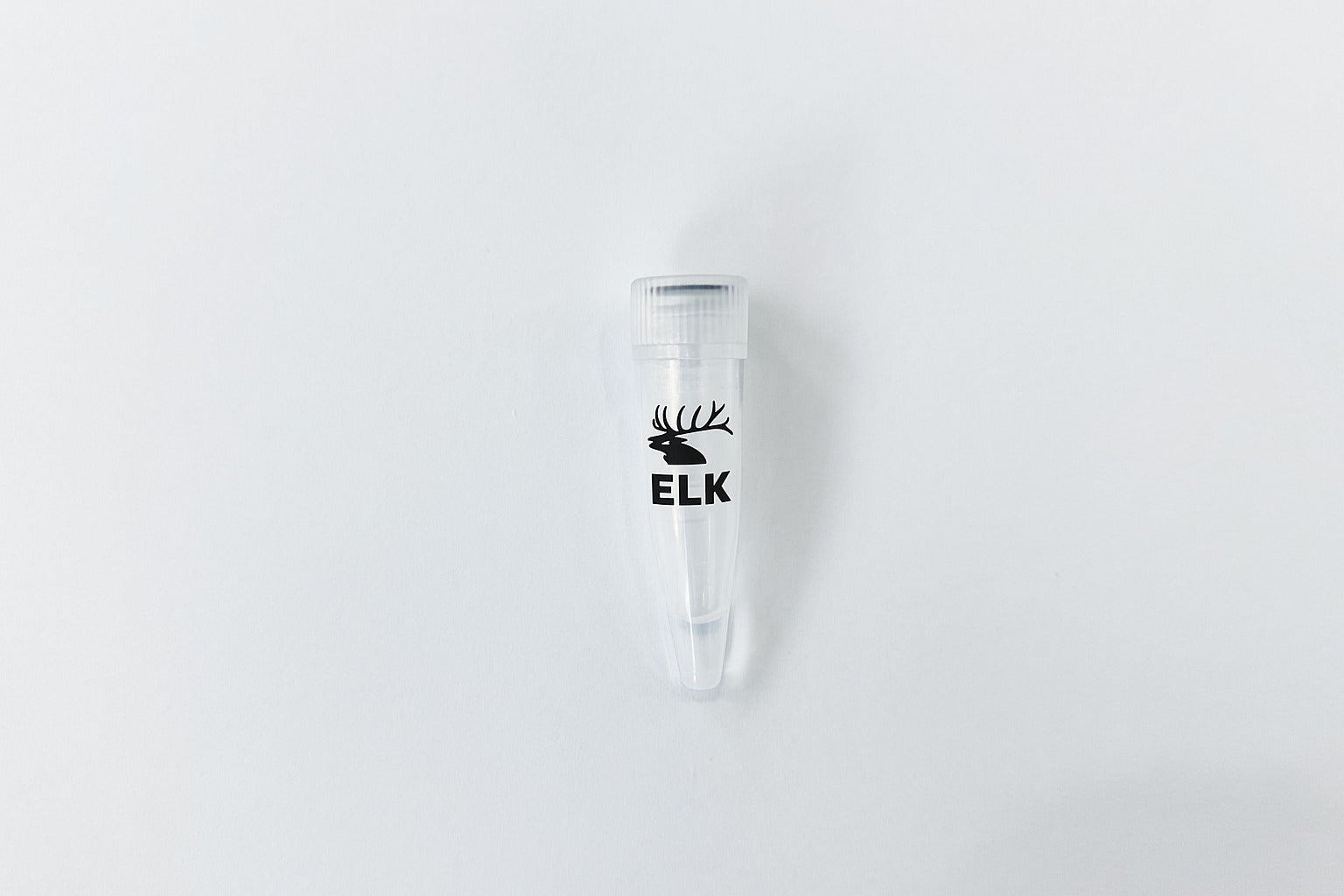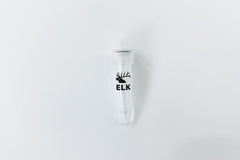Before you leave...
Take 10% off your order
10% off
Enter button checkout to get 10% off your order
Continue Shopping

Thank you! We’ll contact you soon.
Couldn't load pickup availability
Offers: All offers are non-binding. Contracts are established upon written confirmation or fulfillment. Products are for laboratory or research use only. Customers must verify eligibility.
Delivery & Performance: Delivery dates are estimates unless otherwise agreed. Force majeure events (e.g. natural disasters) may extend delivery times or justify cancellation. Partial deliveries are allowed. Delays not caused by force majeure are compensated up to 5% of the undelivered value.
Shipping & Risk: Risk transfers to the buyer upon dispatch or readiness. Shipping methods are at our discretion. Insurance is optional and at the customer’s cost. Refusals may incur storage fees.
Pricing: Prices exclude tax and packaging. Discounts are valid only if agreed in writing. Price increases above 10% entitle customers to cancel.
Payment Terms: Invoices may be electronic. Payment is due within 15 days. Late payments accrue interest. Set-off allowed only for undisputed claims.
Retention of Title: Goods remain our property until fully paid. Customers must insure and store goods properly. Resale is allowed with assigned claims. Default may result in reclamation.
Warranty: Customers must inspect goods within 7 days. Warranty includes repair or replacement within 1 year. Liability is limited, except in cases of gross negligence or injury.
Jurisdiction & Law: Deliveries and disputes are subject to German law. Jurisdiction is Hamburg, Germany. CISG is excluded.
Additional: Claims must be submitted within 45 days. Force majeure must be reported within 14 days. Unresolved disputes will be settled via CCPIT Arbitration Commission.
Thanks for subscribing!
This email has been registered!
| Product | SKU | Description | Collection | Availability | Product Type | Other Details |
|---|
Take 10% off your order
Enter button checkout to get 10% off your order
Continue Shopping